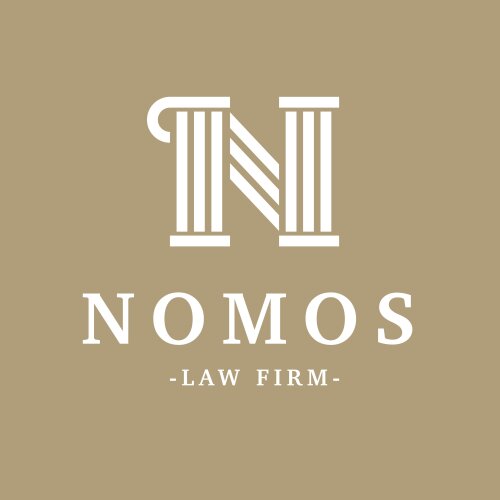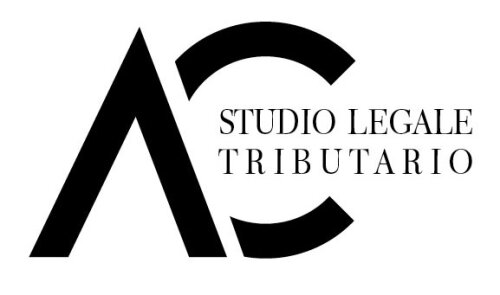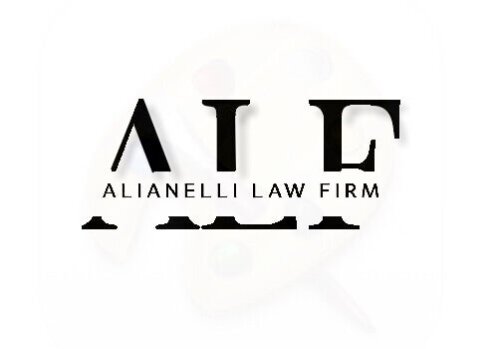Best Creditor Lawyers in Rome
Share your needs with us, get contacted by law firms.
Free. Takes 2 min.
List of the best lawyers in Rome, Italy
About Creditor Law in Rome, Italy
Creditor law in Rome, Italy refers to the legal framework that governs the rights and obligations of creditors and debtors in financial transactions. It encompasses laws and regulations that aim to protect the interests of creditors, ensure fair debt collection practices, and establish mechanisms for resolving disputes related to debts and financial obligations.
Why You May Need a Lawyer
There are various situations where you may require legal help in the field of creditor law in Rome, Italy. Some common scenarios include:
- Dealing with debt collection agencies
- Negotiating debt settlement or repayment plans
- Facing foreclosure or repossession
- Filing for bankruptcy
- Challenging unfair or illegal debt collection practices
Local Laws Overview
When seeking legal advice in the field of creditor law in Rome, Italy, it is important to understand the key aspects of local laws. Some important points to note include:
- Rome, Italy follows the Italian Civil Code, which governs contracts, including those involving debts and financial obligations.
- The Code of Civil Procedure outlines the processes and procedures to resolve disputes related to debts and financial matters.
- The Bankruptcy Law governs the process of filing for bankruptcy, both for individuals and companies.
- The Consumer Credit Act provides specific protections for consumer debtors.
Frequently Asked Questions
Q: Can creditors seize my assets immediately if I fail to repay a debt?
No, creditors cannot seize your assets immediately. In Rome, Italy, there are legal procedures that must be followed before a creditor can enforce their rights. This typically involves obtaining a court judgment, which allows for the enforcement of the debt through various means, such as wage garnishment or asset seizure.
Q: What are the alternatives to bankruptcy for managing overwhelming debt?
Bankruptcy is not the only option for managing overwhelming debt. In Rome, Italy, you may consider debt restructuring, negotiation with creditors for a repayment plan, or seeking assistance from a debt consolidation service. It is advisable to consult with a lawyer to explore the best option for your specific situation.
Q: What are the consequences of filing for bankruptcy in Rome, Italy?
Filing for bankruptcy in Rome, Italy has several consequences, including the discharge of eligible debts, protection from creditor actions, and the potential loss of certain assets. However, it is worth noting that bankruptcy remains on record for a specified period, which may affect your creditworthiness and ability to obtain credit in the future.
Q: How can I protect myself from harassment by debt collectors?
In Rome, Italy, debt collectors are prohibited from engaging in harassment or abusive practices. If you are being harassed by debt collectors, it is advisable to document the incidents, inform them in writing to cease communication, and seek legal advice to understand your rights and options for recourse.
Q: What legal remedies are available if a creditor has engaged in unfair practices?
If a creditor has engaged in unfair practices, such as deceptive debt collection tactics or violations of consumer protection laws, you may be entitled to legal remedies. This can include filing a complaint with the relevant authorities, seeking damages, or challenging the validity of the debt in court. Consult with a lawyer to evaluate your options based on the specific circumstances.
Additional Resources
If you are in need of legal advice or further information on creditor law in Rome, Italy, consider reaching out to the following resources:
- Italian Bar Association (Consiglio Nazionale Forense) - The official organization representing lawyers in Italy. They can provide referrals to qualified attorneys specializing in creditor law.
- Italian Ministry of Justice (Ministero della Giustizia) - The government body responsible for overseeing the justice system in Italy. Their website provides access to legal resources and information on rights and obligations related to creditor law.
- Consumer Protection Association (Associazione per la Tutela dei Consumatori) - An organization dedicated to protecting consumer rights. They can offer guidance and support in dealing with debt-related issues.
Next Steps
If you require legal assistance in the field of creditor law in Rome, Italy, it is recommended to take the following steps:
- Assess your specific situation and determine the nature of legal assistance you need.
- Research and identify reputable lawyers or law firms specializing in creditor law in Rome, Italy.
- Contact the selected lawyer or law firm to schedule a consultation to discuss your case.
- During the consultation, provide all relevant details and documents to enable the lawyer to assess your case accurately.
- Follow the lawyer's advice and guidance to navigate the legal process effectively.
Lawzana helps you find the best lawyers and law firms in Rome through a curated and pre-screened list of qualified legal professionals. Our platform offers rankings and detailed profiles of attorneys and law firms, allowing you to compare based on practice areas, including Creditor, experience, and client feedback.
Each profile includes a description of the firm's areas of practice, client reviews, team members and partners, year of establishment, spoken languages, office locations, contact information, social media presence, and any published articles or resources. Most firms on our platform speak English and are experienced in both local and international legal matters.
Get a quote from top-rated law firms in Rome, Italy — quickly, securely, and without unnecessary hassle.
Disclaimer:
The information provided on this page is for general informational purposes only and does not constitute legal advice. While we strive to ensure the accuracy and relevance of the content, legal information may change over time, and interpretations of the law can vary. You should always consult with a qualified legal professional for advice specific to your situation.
We disclaim all liability for actions taken or not taken based on the content of this page. If you believe any information is incorrect or outdated, please contact us, and we will review and update it where appropriate.
















